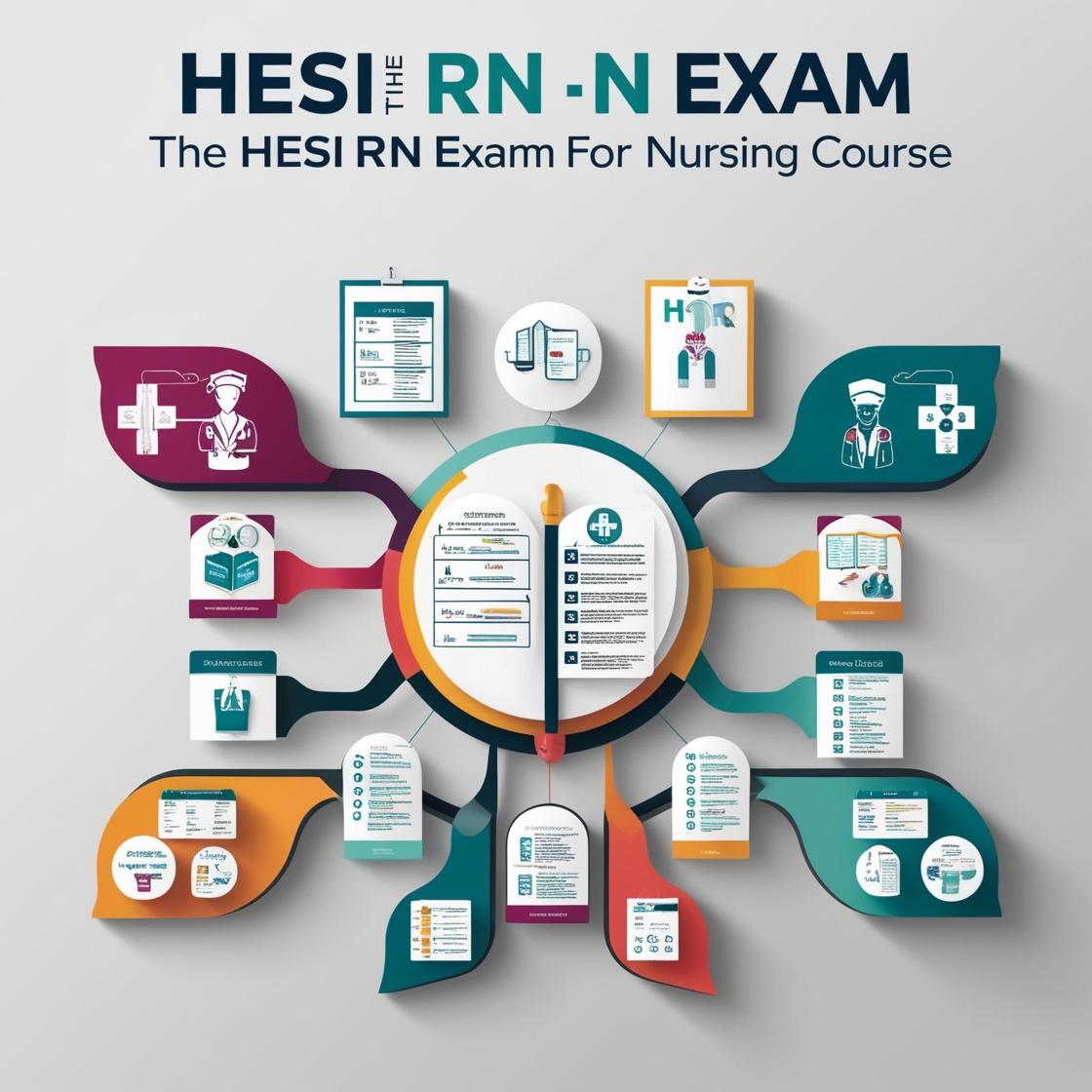HESI RN
Leadership HESI Quizlet
1. Which of the following statements is true regarding ethical principles and laws?
- A. The government enforces ethics.
- B. Laws establish standards that aid in decision-making.
- C. Ethics are highly specific.
- D. Ethical principles can serve as the foundation for laws.
Correct answer: D
Rationale: The correct answer is D. Ethical principles can influence the creation of laws but are not equivalent to laws themselves. Laws are established by governing bodies to provide a framework for society, whereas ethical principles guide individuals' moral conduct. Choice A is incorrect because governments enforce laws, not ethics. Choice B is incorrect as laws set legal standards rather than ethical ones. Choice C is incorrect because ethics are principles that guide behavior but are not necessarily highly specific.
2. The client with newly diagnosed type 2 diabetes mellitus is being taught about self-care management. Which of the following statements indicates a need for further teaching?
- A. I will rotate my injection sites to prevent skin damage.
- B. I can stop taking my medication if my blood sugar is normal.
- C. I should monitor my blood sugar levels regularly.
- D. I should follow a healthy diet and exercise regularly.
Correct answer: B
Rationale: The correct answer is B. Clients with type 2 diabetes mellitus should not stop taking their medication even if blood sugar levels are normal. This is because ongoing management is necessary to control blood sugar levels and prevent complications. Choice A is correct as rotating injection sites helps prevent skin damage and improves insulin absorption. Choice C is correct as regular monitoring of blood sugar levels is vital for managing diabetes effectively. Choice D is correct as following a healthy diet and exercising regularly are key components of diabetes management.
3. A client with Cushing's syndrome has been prescribed a diet low in sodium. The nurse knows that the client should avoid which of the following foods?
- A. Bananas
- B. Spinach
- C. Processed meats
- D. Oatmeal
Correct answer: C
Rationale: The correct answer is C: Processed meats. Clients with Cushing's syndrome who are on a low-sodium diet should avoid processed meats because they are typically high in sodium. Bananas, spinach, and oatmeal are generally low in sodium and can be included in a low-sodium diet. Bananas are a good source of potassium, spinach is rich in vitamins and minerals, and oatmeal is a healthy whole grain option. Therefore, choices A, B, and D are not the best options to avoid for a client with Cushing's syndrome following a low-sodium diet.
4. A client with hyperaldosteronism is at risk for which of the following electrolyte imbalances?
- A. Hyperkalemia
- B. Hyponatremia
- C. Hypokalemia
- D. Hypercalcemia
Correct answer: C
Rationale: In hyperaldosteronism, there is an excessive secretion of aldosterone, a hormone that promotes potassium excretion in the kidneys. This leads to low potassium levels in the blood, known as hypokalemia. Therefore, the correct answer is hypokalemia (Choice C). Hyperkalemia (Choice A) is the opposite condition, where there is high potassium levels in the blood and is not typically associated with hyperaldosteronism. Hyponatremia (Choice B) is a low sodium level, which is not directly related to aldosterone function. Hypercalcemia (Choice D) is an elevated calcium level and is not typically a direct result of hyperaldosteronism.
5. A client with type 2 diabetes mellitus is taking metformin. The nurse should monitor the client for which of the following potential side effects?
- A. Lactic acidosis
- B. Hypokalemia
- C. Hyperglycemia
- D. Weight gain
Correct answer: A
Rationale: The correct answer is A: Lactic acidosis. Metformin, a common medication for type 2 diabetes mellitus, can lead to lactic acidosis, particularly in individuals with renal impairment or other predisposing factors. Monitoring for signs and symptoms of lactic acidosis, such as muscle pain, weakness, trouble breathing, dizziness, and slow or irregular heartbeat, is crucial when a client is taking metformin. Choice B, hypokalemia, is not a common side effect of metformin. Choice C, hyperglycemia, is contrary to the intended effect of metformin, which is to lower blood glucose levels. Choice D, weight gain, is not typically associated with metformin use; in fact, metformin may even contribute to weight loss in some individuals.
Similar Questions

Access More Features
HESI RN Basic
$69.99/ 30 days
- 50,000 Questions with answers
- All HESI courses Coverage
- 30 days access @ $69.99
HESI RN Premium
$149.99/ 90 days
- 50,000 Questions with answers
- All HESI courses Coverage
- 30 days access @ $149.99
